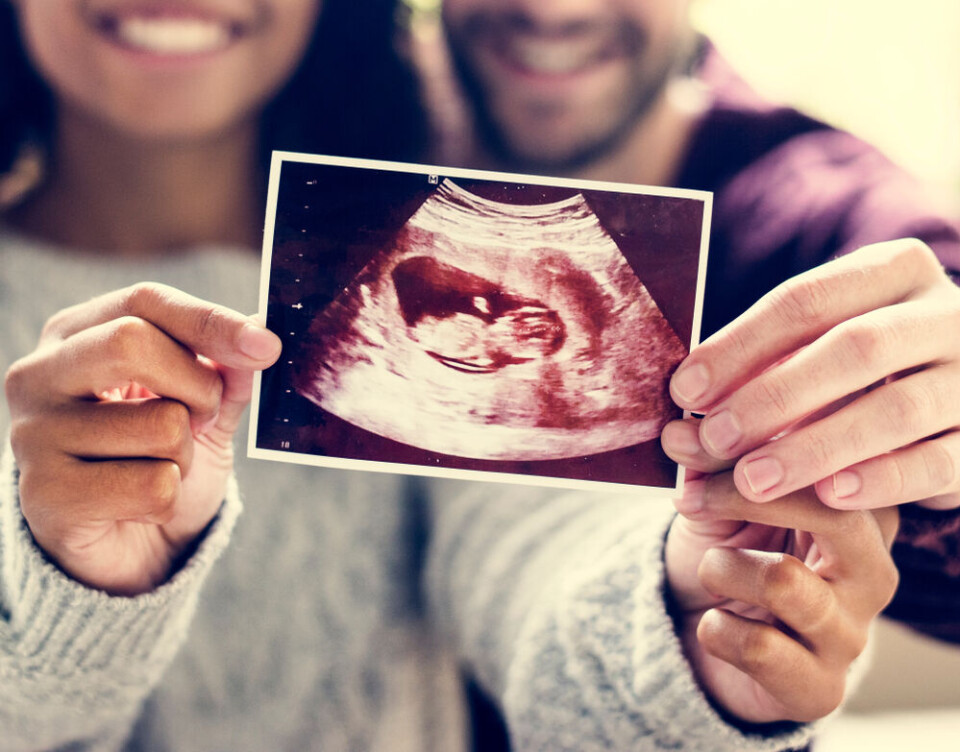-
French Prime Minister confirms use of Article 49.3 to pass budget
Usage opens government up to motion of no confidence but opposition MPs unlikely to find enough support
-
Floor collapses in Paris building leaving 20 injured
Water leaking into the building from balcony is thought to be cause of collapse
-
Homes evacuated and cars submerged as flash floods hit south of France
Alerts continue as schools and roads are closed. Several rivers have burst their banks
French company develops 3D baby scans for blind parents-to-be
The method, nicknamed the ‘Braille ultrasound’. allows blind or partially-sighted parents-to-be to experience pregnancy in a ‘memorable and inclusive’ way

A clinic in central France is now offering a new kind of 3D baby scan that will allow blind or partially-sighted parents-to-be to feel an impression of their unborn child.
The method, called an ‘échographie haptique’ or ‘échographie Braille’ (Braille ultrasound), was developed in 2020 by sonographer Jean-Marc Levaillant and facial bone surgeon Dr Romain Nicot, who is based at the Faculty of Medicine at the Université de Lille.
It is now being offered by pregnancy and gynaecology specialists Fayçal Khizar and Anthony Weber, at the Espace Santé Ysalis in Châteauroux (Indre, Centre-Val de Loire).
The option has been available since January this year (2024), starting from the second or third trimester of the pregnancy.
3D printing
“The system creates a 3D-printed reconstruction of the foetus, so that visually impaired or blind people can perceive the different features of the face, hand or foot,” said Dr Weber to France Bleu Berry.
The parents-to-be can then hold a 3D-printed model of their unborn baby, and “feel the movements, contours, and their baby’s characteristics”. Previously, partially-sighted or blind parents could only rely on the technician or doctor’s descriptions of photos or videos.
Writing on Facebook - with an image of part of the 3D printed ‘baby scans’ - Dr Weber said that the 3D printing method helps parents-to-be to experience pregnancy in a “more memorable and inclusive” way, and “strengthens their connection with their baby”.
So far, the method is only available to parents who are partially-sighted or blind.
Read also
Checklist: 7 things new parents must do after giving birth in France
Research in France shows having a baby does change your brain
First child heart operation in France using 3D scans
























